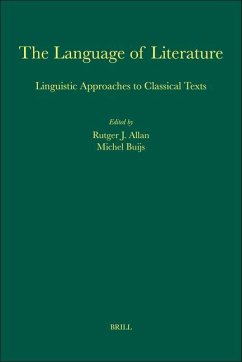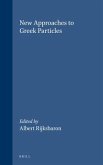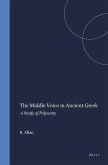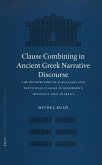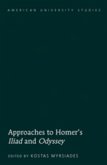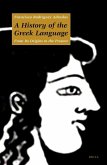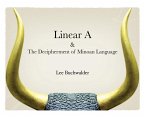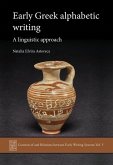This volume is a collection of papers revealing the largely unexplored boundary between linguistic and literary approaches to classical texts. Eleven contributions by various scholars discuss a wide range of linguistic and literary apects of classical texts: the narratee in the prologues of Sophocles Trachiniae and of Euripides, the chronology in Pindars Odes, the relation between tense-aspect and Discourse Modes in Thucydides, Xenophon, Vergil and Ovid, the use of aspect in the Law Code of Gortyn, expressions of futurity and the word order of adjectives in Herodotus, and, finally, ancient and modern views on word order. Following an interdisciplinary approach, all contributions aim at bridging the gap between linguistic and literary study of classical texts.This volume is a collection of papers revealing the largely unexplored boundary between linguistic and literary approaches to classical texts. Eleven contributions by various scholars discuss a wide range of linguistic and literary apects of classical texts: the narratee in the prologues of Sophocles' Trachiniae and of Euripides, the chronology in Pindar's Odes, the relation between tense-aspect and Discourse Modes in Thucydides, Xenophon, Vergil and Ovid, the use of aspect in the Law Code of Gortyn, expressions of futurity and the word order of adjectives in Herodotus, and, finally, ancient and modern views on word order. Following an interdisciplinary approach, all contributions aim at bridging the gap between linguistic and literary study of classical texts.
Most of the papers in this volume were given at the Conference on Greek and Latin Linguistics (Katwijk, 16-17 December 2005), held in honour of Albert Rijksbaron, to whom the book is dedicated. The conference aimed at building a bridge between literary and linguistic studies of texts in Greek and Latin by applying methods and models developed in the field of narratology and in that of discourse oriented linguistic analysis, to which the honoree has contributed widely throughout his scholarly career. The resulting volume shows that this is a fruitful area of research. [...] It is to be hoped that this stimulating collection of papers will further the interest that linguists and scholars in literary studies take in each other's fields. As this volume shows in a remarkable way, there is much to be gained by a broader perspective. Daniel Kölligan in Bryn Mawr Classical Review 2008.07.01Most of the papers in this volume were given at the Conference on Greek and Latin Linguistics (Katwijk, 16-17 December 2005), held in honour of Albert Rijksbaron, to whom the book is dedicated. The conference aimed at building a bridge between literary and linguistic studies of texts in Greek and Latin by applying methods and models developed in the field of narratology and in that of discourse oriented linguistic analysis, to which the honoree has contributed widely throughout his scholarly career. The resulting volume shows that this is a fruitful area of research. [...] It is to be hoped that this stimulating collection of papers will further the interest that linguists and scholars in literary studies take in each other's fields. As this volume shows in a remarkable way, there is much to be gained by a broader perspective. Daniel Kölligan in Bryn Mawr Classical Review 2008.07.01

